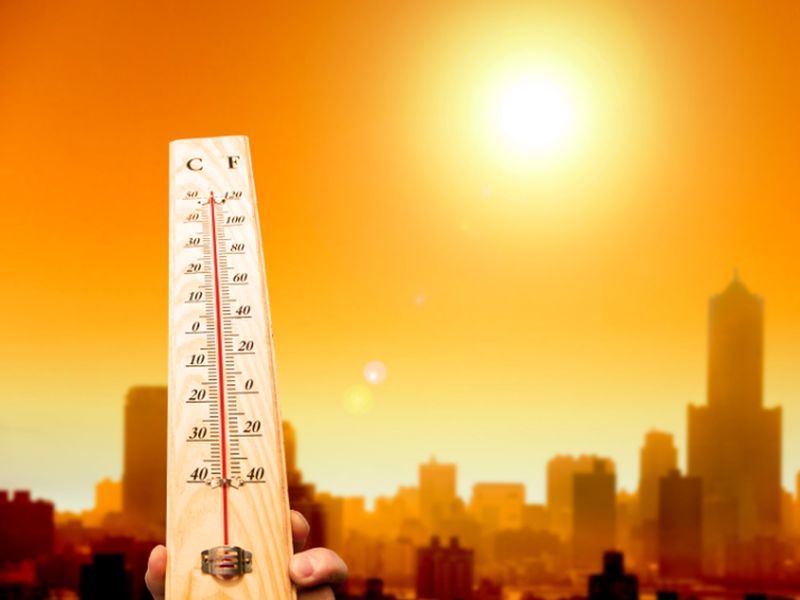
Climate change could spell trouble for those with heart failure, a new study suggests. When the temperatures soared in France during the summer of 2019, the heat wave appears to have worsened the conditions of heart failure patients, researchers report. “The finding is timely, given the heat waves again this year,” said study author Dr.… read on > read on >






























